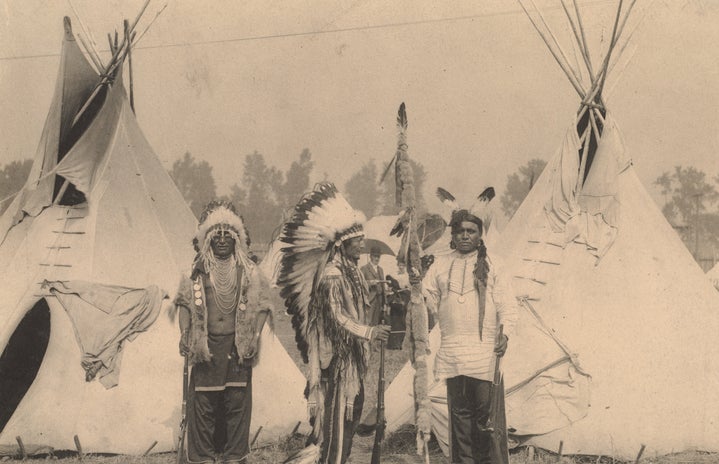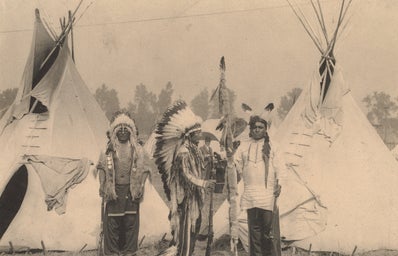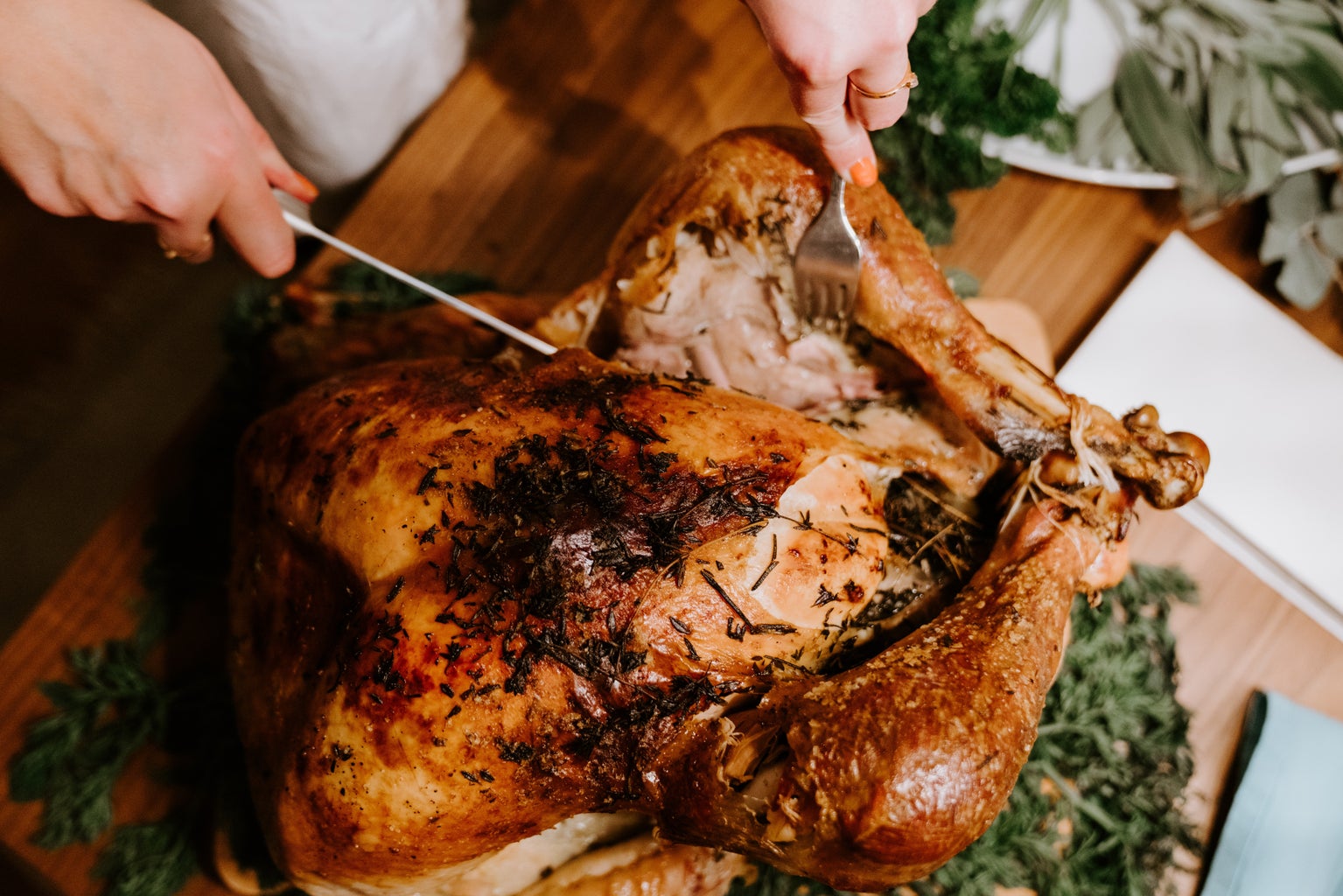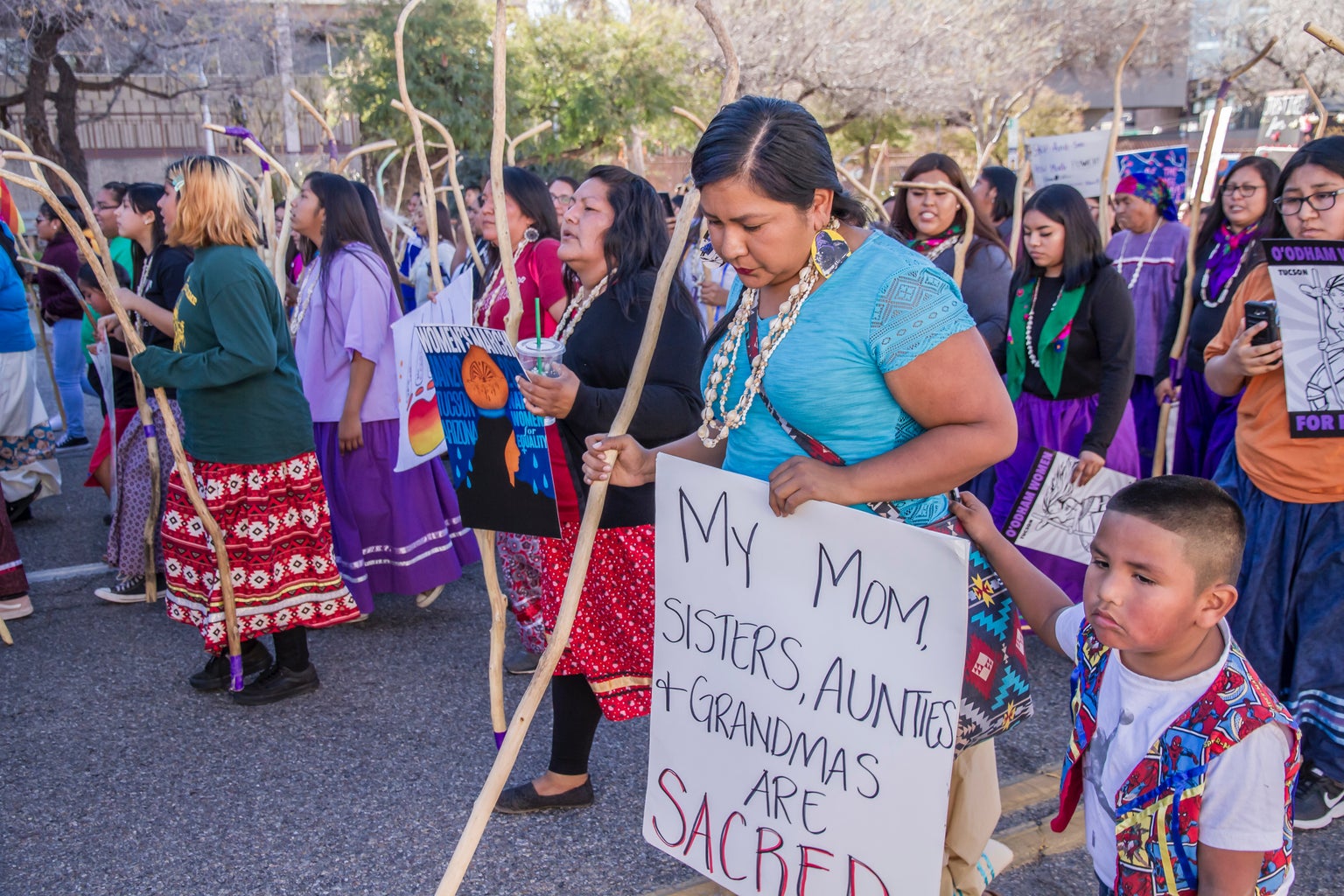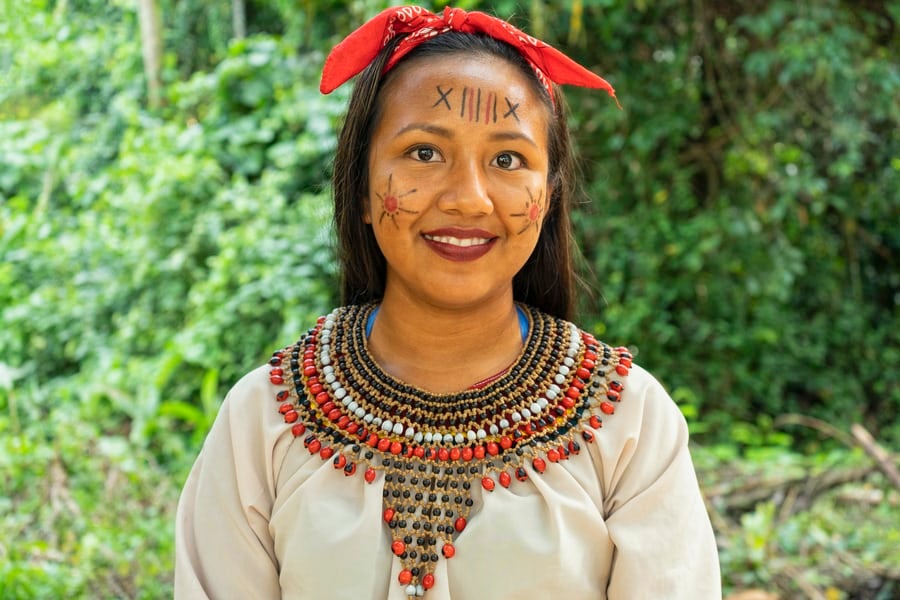Thanksgiving, in short, is a celebration in America dedicated to giving thanks for what we have experienced in the past year. Personally, it’s one of my favorite holidays. I love the food, I love gathering with family, and I love the idea of taking time to be grateful. The wholesome trend continues with how the legend is taught around the country to eager elementary schoolers. Long ago, Pilgrims came to live in America and became friends with the Native Americans who also lived here. Around this time of year, the Pilgrims and their Native friends sat down around a table and enjoyed a harvest feast.
That sounds great, but it is untrue. This story mistakes the feast for friendship when in reality it was evidence of an alliance made by Wampanoag leaders to save their people. In Thanksgiving’s aftermath was King Phillip’s War, devastating the tribe forever. This misrepresentation truly affects how Americans view the mistreatment of Native Americans throughout history, leading citizens to believe that the nation is faultless. Additionally, Thanksgiving only became a holiday during the Civil War to create unity— a political ploy for the Union.
It’s easy to look past these crimes and focus on what Thanksgiving currently is about— family, food, and thankfulness, but this does nothing for the Native American communities who have suffered. Therefore, it’s incredibly important to take time this year to decolonize your Thanksgiving. The act of decolonization is undoing previous colonialism, thus helping the original nation gain back some of their cultures. Some ways to do this are listed below.
- Learn about whose land you are on
-
This is a good first step for opening up your mind to decolonization. Gettysburg College has a great Land Acknowledgement Statement, detailing the different tribes who occupied this land, and how the College must honor the tribes and reflect on what this means. Acknowledging the communities here helps build a bridge between communities, and combats the erasure of Native American history and people.
My home in New York City, for example, is on Munsee Lenape and Wappinger land. It is easy to find out on this website, where you can enter your home address and see who was there before you. From here, you can research the tribe and see if they are still active in the area.
Creating your own land acknowledgment statement with family could spark conversation. It could help family members who do not know a lot about Native American history learn more about where they live.
- Learn about the history of thanksgiving
-
Like how I started this article, you could learn more about the history of Thanksgiving, and how each tradition started. Armed with this knowledge, you can teach your family more about the holiday. If you know whose land you now occupy, you could also learn more about their history, and how you came to live in this space.
Again, this is a great way to get the conversation started and learn more about American history.
- Decolonize your dinner
-
Making a large amount of food is a key element of American Thanksgiving. This year, try to scale back a bit and make only what you need. Food waste is something that Native American communities do not partake in, and overconsumption in a society is a result of colonialism. Buy only what you need, or donate the rest to a local shelter. Perhaps you can incorporate Native American foods into the dinner, such as corn, beans, and squash.
Additionally, take time to also think about where everything on your menu comes from. Is there any way you can try to shop local for the meal? If you are not the head chef of your meal, discuss this with who is. Offer to go shopping with them beforehand, or look into more sustainable places to buy food. A trip to a local farmers’ market could become a new tradition for your family! If you cannot shop anywhere else, take a moment to appreciate everything that went into the meal— everything from the animal itself to the effort it took to make the meal.
- Listen to Native American voices
-
A great way to learn more about the world is to diversify your consumption. Perhaps while cooking you could listen to a new podcast, hosted by a Native American person. You could incorporate a Native artist in your music streaming, or watch a YouTube video. For example, in this article, I researched Native voices in order to form a list of actions.
- Support Native American Businesses
-
With Black Friday coming up too, this is a great time to look into gifts for your loved ones or yourself. Consider doing business with Native American small business owners to show your support, or donate to their company. Depending on where you live, you may be able to buy items for your meal from Native American business owners!
If you cannot afford it, the business may appreciate a shout-out on your Instagram or recommendations to friends and family.
- Recognize and Reflect
-
Overall, it is important to discuss Thanksgiving this year and recognize the history of America, good and bad. Only when we recognize our faults as a country can we begin to pave the way for change. Even if you don’t bring these ideas to the dinner table, keeping them in mind is valuable.
Bugos, Claire. “The Myths of the Thanksgiving Story and the Lasting Damage They Imbue.” Smithsonian Magazine, Smithsonian Institution, 26 Nov. 2019, https://www.smithsonianmag.com/history/thanksgiving-myth-and-what-we-should-be-teaching-kids-180973655/.
Cabral, Javier. “How to Decolonize Your Thanksgiving Dinner.” Vice, 18 Nov. 2017, https://www.vice.com/en/article/9a8axe/how-to-decolonize-your-thanksgiving-dinner.
Karlos Baca, M. “Decolonizing Thanksgiving and Reviving Indigenous Relationships to Food.” NDN Collective. 18 Nov. 2018, https://ndncollective.org/decolonizing-thanksgiving-and-reviving-indigenous-relationships-to-food/?fbclid=IwAR2N4_aL_EZtV-EvvtGoDHL_8E2b1VmsUO0bWv8cP0rByuR1RpRmnD8f_6c.
